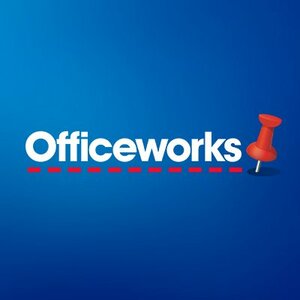Portable HDD's on clearance. Not sure if they are the same price at other stores as they are priced higher on the Office Works website.
4TB $123
5TB $143
I picked up a Seagate 4TB Xbox branded HDD with two months of Xbox Game Pass Ultimate for $116. I think there may have been one left.
![[QLD] Seagate One Touch Portable Drive 1TB $44.40, 2TB $66.75, 4TB $123, 5TB $143 @ Officeworks (Maroochydore)](https://files.ozbargain.com.au/n/12/644912.jpg?h=7cce6b7e)

If these could be purchased with delivery, would make it easier.